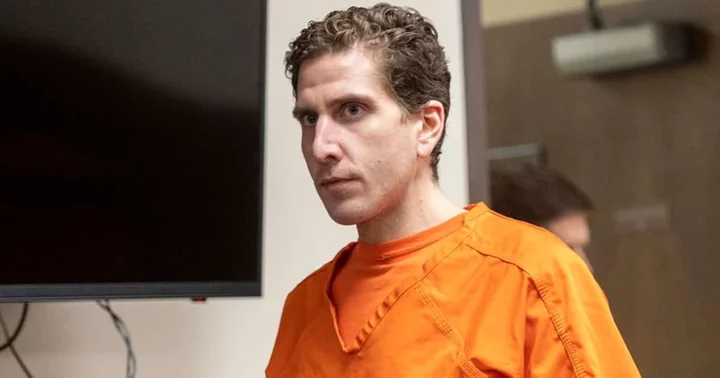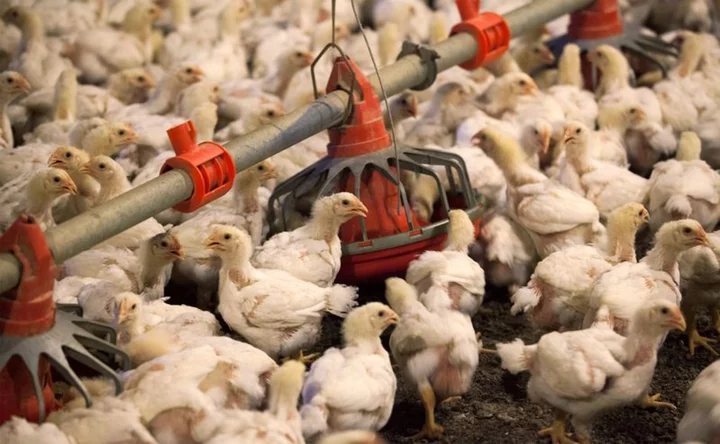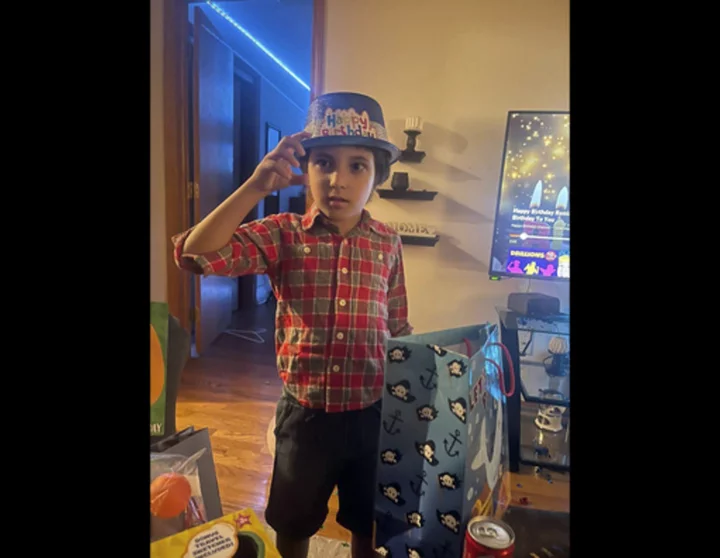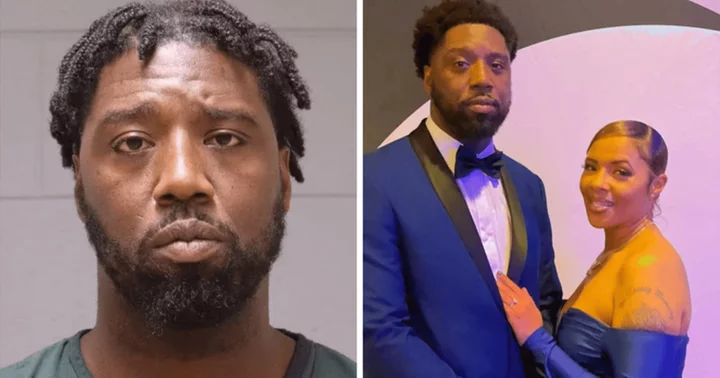MOSCOW, IDAHO: In a case that has sent shockwaves through the quiet town of Moscow, Idaho, prosecutors confirmed on Monday, June 26 that Bryan Kohberger, 28, could be executed by the state if he is convicted of murdering four students. The victims, Kaylee Goncalves, 21, Madison Mogen, 21, Xana Kernodle, 20, and Ethan Chapin, 20, were found fatally stabbed in their beds in the home they shared in the college town of Moscow on November 13, 2022. The brutal nature of the killings has left the community in a state of shock and terror."
Why is prosecution seeking death penalty for Bryan Kohberger?
The Latah County Prosecutors' Office informed the court that they intended to seek the death penalty for Kohberger due to the "especially heinous, atrocious, or cruel" nature of the crimes, which they believed "manifested exceptional depravity." Prosecutors argued that the death penalty was appropriate considering the multiple victims, Kohberger's alleged utter disregard for human life, his reckless indifference to human life, and the threat he posed to society. They further stated that no mitigating circumstances had been presented to argue against imposing the death penalty.
NewsNation reported that prosecutors have met with the families of the victims to discuss the matter. Cara Northington, the mother of Xana Kernodle, expressed her preference for a life sentence if Kohberger is convicted. However, Jeff Kernodle, Xana's father, reportedly supports the death penalty for the alleged killer. The families of Kaylee Goncalves and Madison Mogen are also in favor of capital punishment, while the position of the Chapin family remains undisclosed.
Defense claims DNA evidence from other men found at crime scene
In a recent development, Kohberger's defense team claimed that DNA evidence from two other men was found at the crime scene. According to attorney Jay Logsdon, there is "no connection" between Kohberger and the victims, and no DNA evidence from the victims was found in Kohberger's apartment, office, home, or vehicle. The defense filing stated that "by December 17, 2022, lab analysts were aware of the presence of two additional males' DNA within the house where the deceased were located."
The defense team argued that a second man's DNA was found inside the Moscow home, while DNA from a third man was allegedly discovered on a glove outside the home. They contended that the defense should have access to all the data and investigative genetic genealogy that led to the claim that Kohberger's DNA, collected with a buccal swab, was a "statistical match" to DNA found on a knife sheath at the scene. The defense accused the government of withholding information and suggested that individuals might be deterred from sharing their genetic information if they were aware of government surveillance.
Prosecution stands by evidence
Earlier this month, prosecutors claimed that DNA found on a knife sheath left at the Idaho murder scene was a "statistical match" to a cheek swab taken from Kohberger. They revealed that the FBI used publicly held DNA databases similar to 23andMe to establish the connection. However, the defense team objected to the prosecution's reliance on FBI data, arguing that Kohberger had no right to FBI data obtained through unconventional methods. "Perhaps unsurprisingly, Mr. Kohberger does not accept that his defense does not need this information," the defense stated in its filing. "The state apparently only wants to prevent Mr. Kohberger from learning how the investigative genetic genealogy profile was created and how many other individuals the FBI chose to overlook during their investigation."
Detectives found a Ka-Bar knife sheath on the bed with the bodies of Mogen and Goncalves. The sheath was partially under Mogen's body and the comforter on the bed, according to court documents filed on June 16. Prosecutors claimed that a sample of DNA left on the sheath was "at least 5.37 octillion times more likely to be seen if (the) Defendant is the source than if an unrelated individual randomly selected from the general population is the source."
When DNA is found at a crime scene and does not belong to the victims, one of the initial steps taken by the police is to compare it against their own database to check for matches. This process, known as a short tandem repeat comparison, tests the sample against 20 DNA markers, which is sufficient to identify the person if their DNA is already in the system or if the DNA of an immediate relative, such as a parent or sibling, is in the system.
During his arraignment last month, Kohberger chose to remain silent, resulting in "not guilty" pleas being entered on his behalf. He now faces four counts of first-degree murder and burglary charges.









